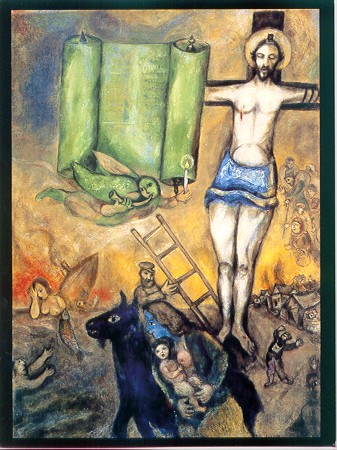I always thought that the male characters in The Ten Commandments seemed more interested in each other than they did in the beautiful women in flowly clothes who parade around them. Richard Lindsay confirms my suspicions:
Some of the queer subtext of biblical epics comes not from the sexual desirability of the main characters, but from the films’ aesthetic of camp. Camp, a sensibility of theatricality taken to extremes—sometimes knowingly, sometimes unknowingly—has long been a reading strategy of queer audiences. It takes an audience with an eye for the decadent and a gift for seeing double meaning to understand the subversive possibilities of a film like DeMille’s The Ten Commandments of 1959.
The picture claims to be a straight-ahead portrayal of the Exodus story, yet contains a love triangle between Moses, Pharaoh, and the Princess Nefretiri. Whatever the excesses of modern translations of the Scriptures, one could look in vain for years without finding a biblical reference for Nefretiri’s line to Moses in the film: “Oh Moses, Moses, you stubborn, splendid, adorable fool!” Or, referencing Moses’ experiences with God on Mount Sinai: “I don’t believe it’s only the thunder of a mountain that stirs your heart!”
Within The Ten Commandments, one even finds characters that fit the camp mold often assigned to queer persons. One example is the master builder Baka, played by Vincent Price. A villain in the story, Price plays Baka as a camp virtuoso—one with a refined understanding of the camp arts of cosmetics, decoration, and artifice.
Read the rest: The Camp and Queer Bible Goes Down Under.











